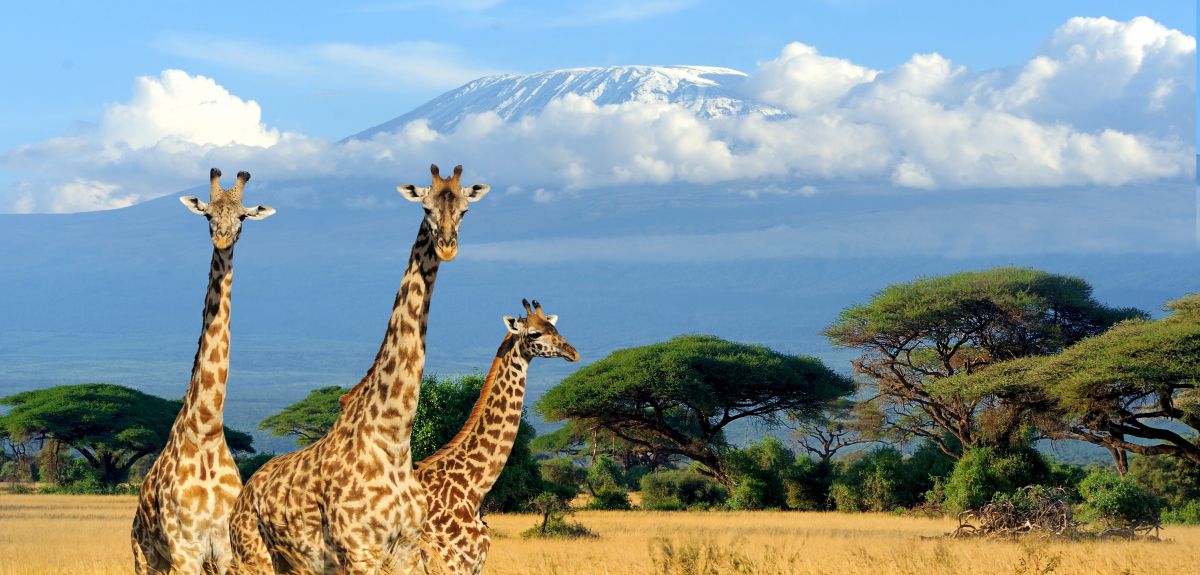
Are human ancestors to blame for the decline of Africa’s largest mammals?
Human factors are responsible for a number of key environmental and species declines today, but has it always been the case?
Oxford University researchers have published a comment piece in the journal Science asking this very question in relation to dwindling megaherbivore populations on the African continent (species of mammals that weigh more than 1000kg, such as Elephants, Giraffes and large Hippos).
In the article, Dr René Bobe a Research Associate at Oxford’s School of Anthropology & Museum Ethnography, and Dr Susana Carvalho, Associate Professor in Palaeoanthropology and a Fellow of St Hugh's College, offer a perspective on a paper featured in the same issue which suggests that human ancestors have played no role in the demise of these animals.
However, in their perspective the two challenge this perception and suggest that addressing the question of when humans or our ancestors begin to play a role in driving the largest mammals to extinction is key to determining any fault, whether direct or indirect.
Dr Bobe explains: ‘The article by Faith et al. detects the beginning of megaherbivore decline by 4.5 million years ago, at a time when our evolutionary ancestors were unlikely to have played a role. However, our perspective indicates that there are important gaps in our knowledge of early human ecology, and that species like Homo erectus may have played an indirect role in changing the landscape and triggering extinctions.’
Dr Carvalho adds: ‘There are other factors to consider in what was undoubtedly a complex process: What was the role of fires in changing the landscapes of human ancestors and the animals that lived with them? Did predation patterns change during times of drought to have a major effect herbivore species that reproduce slowly and have a long life span? When did humans begin to hunt very large species?’
In conclusion, the piece finds that the role that humans and our ancestors may have played in driving the largest African mammals to extinction remains an open question.